Play the HD-2D Remake of Dragon Quest III on: PC, Nintendo Switch, PS5, Xbox Series X|S
Older ports of Dragon Quest III: Nintendo Switch, iOS, Android
Pros
As the game that sparked the rumors about how the Japanese government outlawed Dragon Quest games from debuting on school days, Dragon Quest III is arguably one of the most important games ever made. Even today, few games capture the feeling of a grand, epic adventure like Dragon Quest III. Not only does it feature a surprisingly robust class system, it implements captivating cross-class mechanics that I can only suspect influenced the Job system in Final Fantasy games. Yet, despite its surprising depth for a game that came out in 1988, Dragon Quest III is still impeccably approachable. Whether you explore the world for secret weapons and armor, or fight monsters until your levels are sky high, any player can carve their own path to victory.
Few games capture the sense of childlike wonder and curiosity that Dragon Quest III evokes. The world is vast and spans several distinct set pieces, ranging from cursed pyramids to ghost ships. And while there is a set path to follow to complete the main storyline, Dragon Quest III always feels driven by your own curiosity. It’s up to you to figure out where you want to go next, how to get the key item that lets you access a new part of the world, and whether or not you’re ready to challenge the dungeon or boss battle that stands in front of you. It’s RPG gaming distilled to its purest form.
Cons
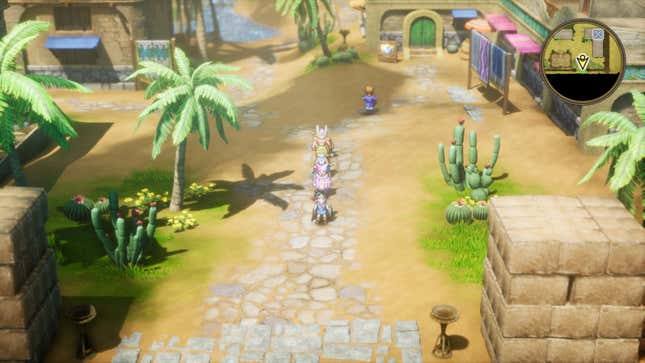
As revolutionary as Dragon Quest III is, it is also very much a product of its time. Dungeon design is basic, as most caves or towers devolve into winding pathways or small mazes. Random encounters are also very frequent, so you should expect to spend most of your time mowing down common enemies. Players who like to perfect their builds may also feel frustrated by how vague certain mechanics are, such as how each party member’s personality affects their stats. Even in the updated HD-2D Remake of Dragon Quest III, these quirks are still present.
That same curiosity-driven design that drives Dragon Quest III also means that the overarching story that it does tell is paper thin. There are occasional dramatic moments, but they never tug at the heartstrings or evoke a sense of urgency to your quest. You’ll create all your party members at the outset of your journey too, so almost all character development is relegated to how willing you are to roleplay in your head.
This is all admittedly retro RPG 101 stuff, so those with old school sensibilities should feel at home with Dragon Quest III. By the same token, if you didn’t start gaming in the ‘80s or ‘90s, Dragon Quest III may take some getting used to.
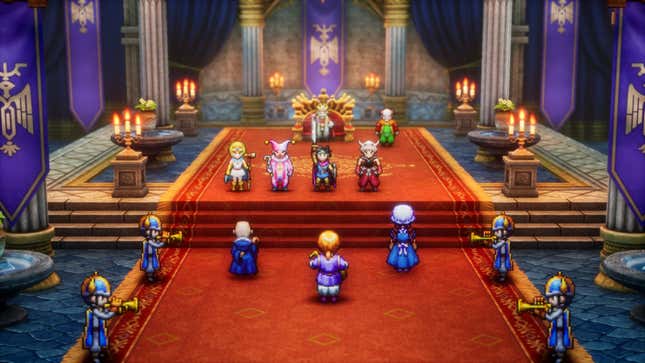
If you like Dragon Quest III
Funny enough, the most equivalent experience to Dragon Quest III is Dragon Quest IX on the Nintendo DS. It’s of course a more modern game, but it’s the only other mainline Dragon Quest game in which you play around with a class system and create your own party of heroes from the outset. Unfortunately, this one’s hard to get your hands on since it was never ported to any other systems.
The other class-driven Dragon Quest games are Dragon Quest VI and VII. Dragon Quest VII isn’t easy to play these days either, as it’s locked to the PlayStation and 3DS for English-speaking audiences. On the other hand, Dragon Quest III is actually a prequel to Dragon Quest I and II, and those games at least preserve the NES-era sensibilities of Dragon Quest III. In fact, that leads us to our final starting point.
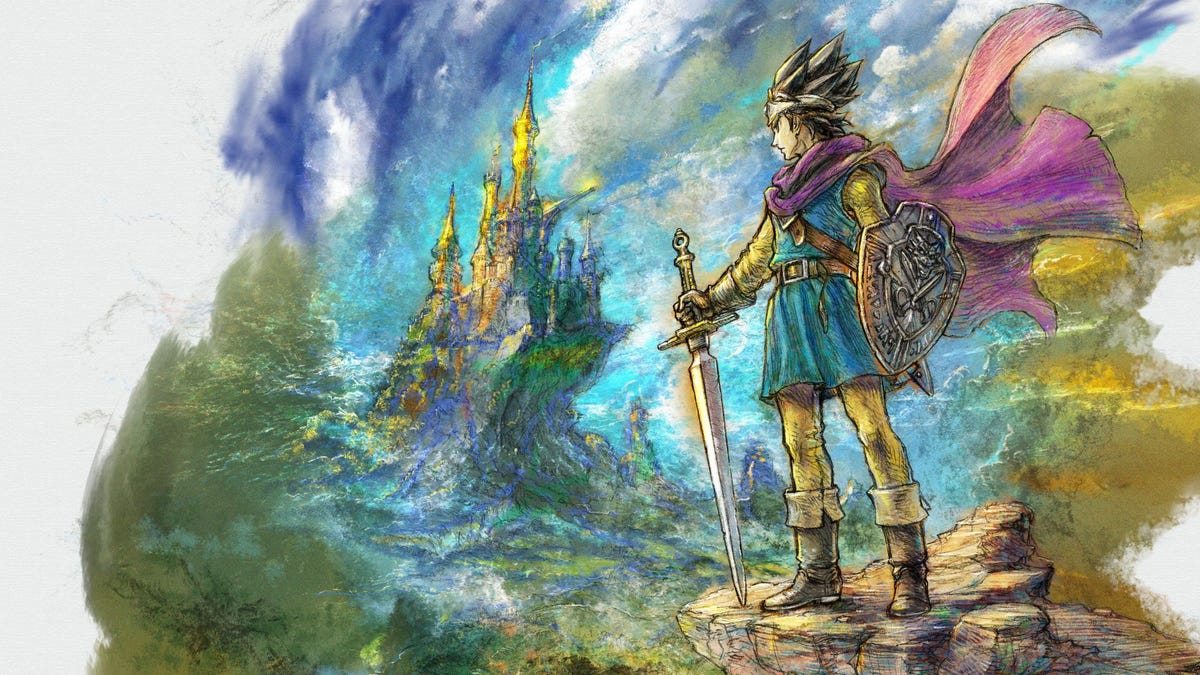


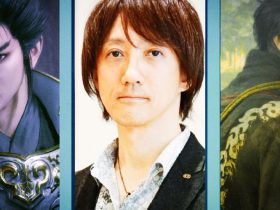

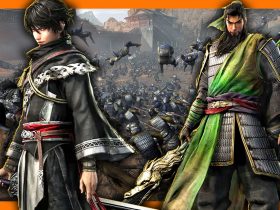




Leave a Reply